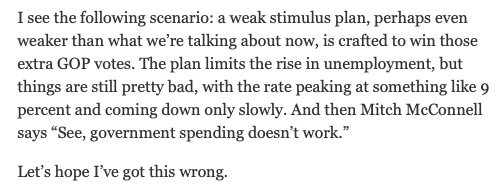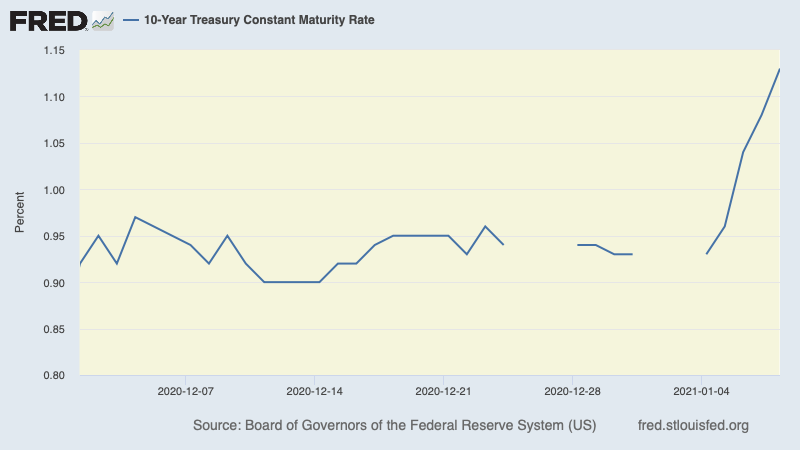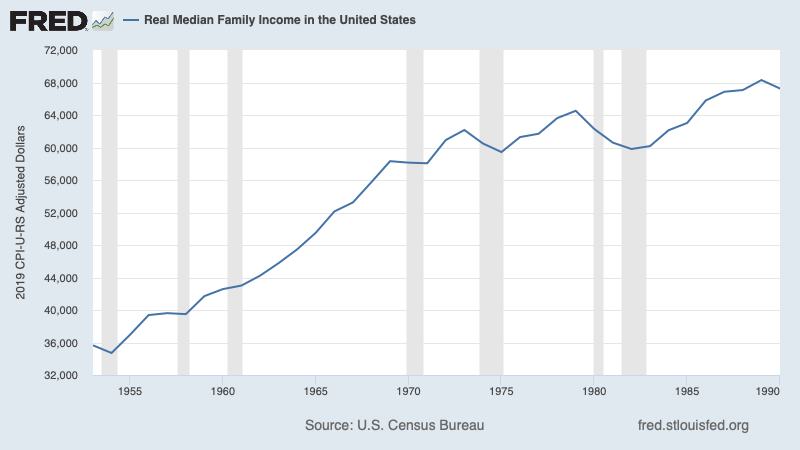
Scott Sumner has an interesting (to me at least) podcast with David Beckworth on the "Princeton School of macroeconomics," which included yours truly and a guy name Ben Bernanke (whatever happened to him?) 1/ mercatus.org/bridge/podcast…
I am still proud of the 1998 paper that sort of started this. It holds up pretty well — and it was also an illustration of the case for economic modeling 2/ brookings.edu/bpea-articles/…
I began working on this issue because I was disturbed by Japan's apparent inability to break out of deflation. I started with a strong intuition that the Bank of Japan just wasn't trying hard enough — that if it just printed enough money that would work 3/
So I set out to write a model that would confirm my intuition — and it said that my intuition was wrong! The liquidity trap is a sort of expectational trap, and harder than you might think to deal with 4/
I think this insight (along with a number of other observations) held up well after 2008. And it was, to me, an object lesson in the virtues of laying out your assumptions systematically, not going by what you vaguely imagine must be true 5/
• • •
Missing some Tweet in this thread? You can try to
force a refresh








